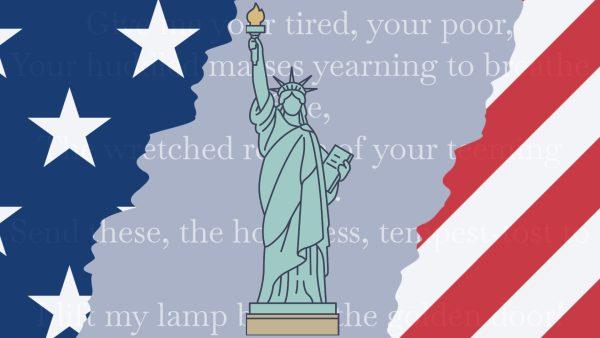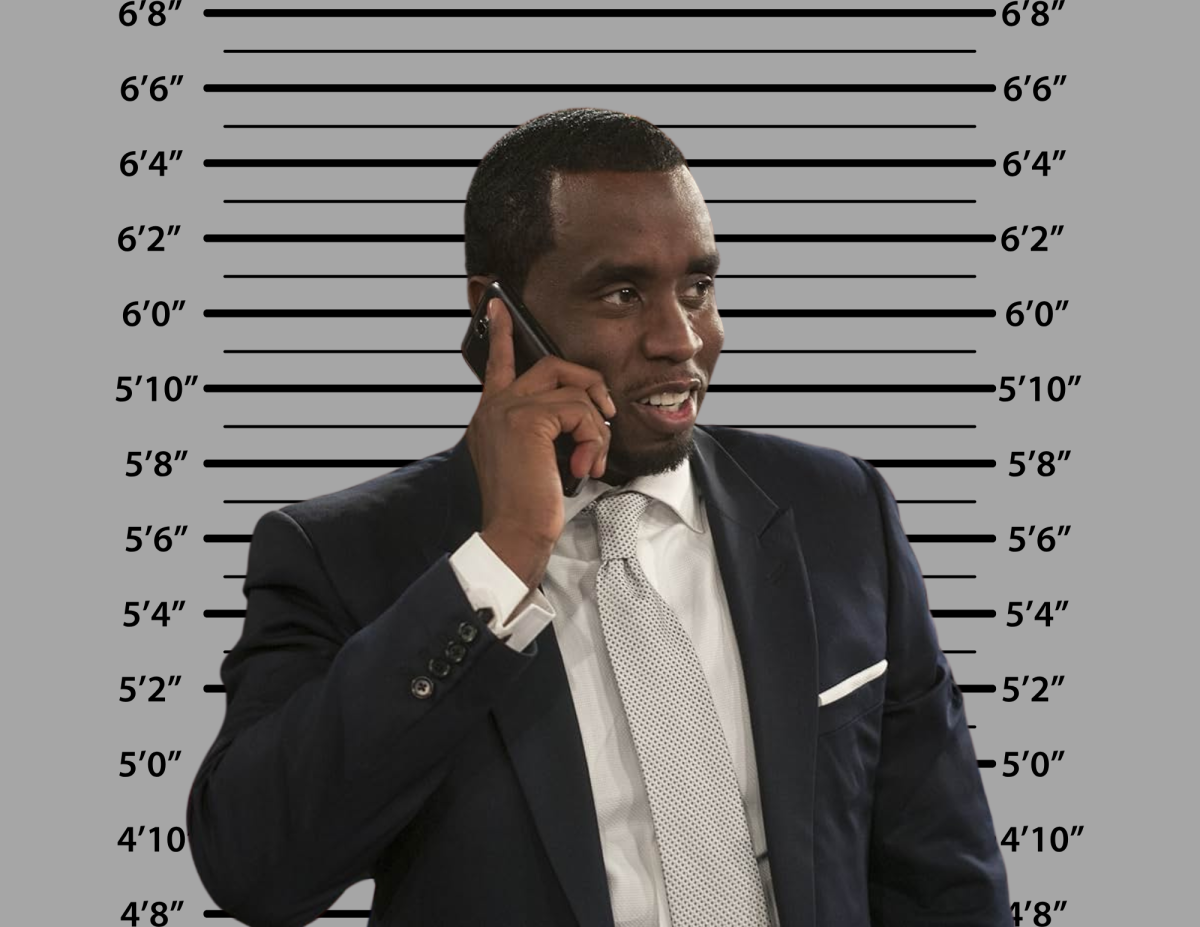
By Julio Rodriguez
What kind of parent would send their child away to another country?
The answer is not the easy one that people want to believe.
These are not bad parents. They are desperate parents driven to an extreme that some misconstrue as cruel and dangerous.
However, oversimplifying their reasoning negates all of the factors that led to the present humanitarian crisis not only at our southern border but around the world.
Democrats blame former President Donald Trump’s anti-immigrant policies for destabilizing an immigration system that had “worked fine” for past administrations. Republicans blame President Joe Biden’s “open border policies.”
But in their attempts to make this another issue of political volleyball, it becomes clearer and clearer that there is an unwillingness to understand the real issues that led to the crisis and how they can address them.
Mainstream media influences many to believe that all of this results from issues in these migrants’ home countries. The reality is that this migration was caused by incredibly unequal power relations between the United States and most, if not all, Central and South American countries.
In Honduras, U.S. interests began corrupting the region as early as the late 19th century, when American-based banana companies started taking over and making the country a one-crop economy. These companies built their own infrastructure and banks and bribed local officials. Honduras quickly became a haven for these companies to exploit the land and people of the region.
These businesses were amazingly successful, but all of the profits returned to the United States.
By 1914, those same banana companies owned over one million acres of Honduras’ best land, leaving almost no opportunity for the native Hondurans to grow their own crops and make a living. When the people tried to rise up and counter American foreign interests on their soil in 1907 and 1911, the U.S. military was there to intervene in support of these companies.
The 1954 Guatemalan coup d’etat, an undercover operation spearheaded by the U.S. Central Intelligence Agency, caused the end of the Guatemalan Revolution and unseated the country’s democratically-elected president.
By the 1980s, the region’s dependence on the U.S. government and military seeped into the fabric of many of those countries’ governments. President Ronald Reagan set his sights on fighting the countries that sought to retain their economic independence by labeling them “socialist countries.”
Reagan mainly focused on fighting the Sandinista government of Nicaragua. The U.S. military trained rebels in Honduras to fight the Sandinistas. The rebels ultimately succeeded.
Any refugee or immigrant who fled their country for American borders is a victim of the more than a century of military intervention and human rights abuses caused by the United States’ direct and indirect actions.
We see parents so desperate they risk sending their children beyond the U.S.-Mexico border wall, hoping their child will be taken in by immigration authorities and given a chance at life. Many people in this country overlook those struggles and argue that we should send them all back and put America first.
The U.S. is the reason why they are fleeing their countries. This country has destroyed nations and continues to abuse the people of those countries. These intergenerational abuses do not stop simply cease from one president to the next. They continue for a lifetime.
I firmly believe that there is a humane way that we can approach this issue, although sometimes it might feel hopeless.
First, we should embrace anyone fleeing and attempting to enter our borders. The reality is that they are already at the border and we must help as many immigrants as we can to enter this country without all of the hurdles currently placed on them.
Secondly, a genuine reinvestment in Central and South American economies is needed — an investment in education and job skills training, not just in the militaries of those countries.
The Department of Homeland Security will be opening makeshift shelters in Pomona and Long Beach that are expected to house thousands of unaccompanied children. As a local community, we should embrace these children and ensure they are treated kindly and with humanity.
At this moment, we can start to change and unlearn our patterns of neglect toward our neighboring countries and disdain for immigrants by embracing these young children who have made the dangerous trek to reach our border. We continue to have an opportunity to do right. We must champion this issue and do better.
For those of us who believe that all human beings deserve dignity, respect and a chance at the pursuit of happiness, this is the moment to do right by these beliefs and change the lives of these refugees.





